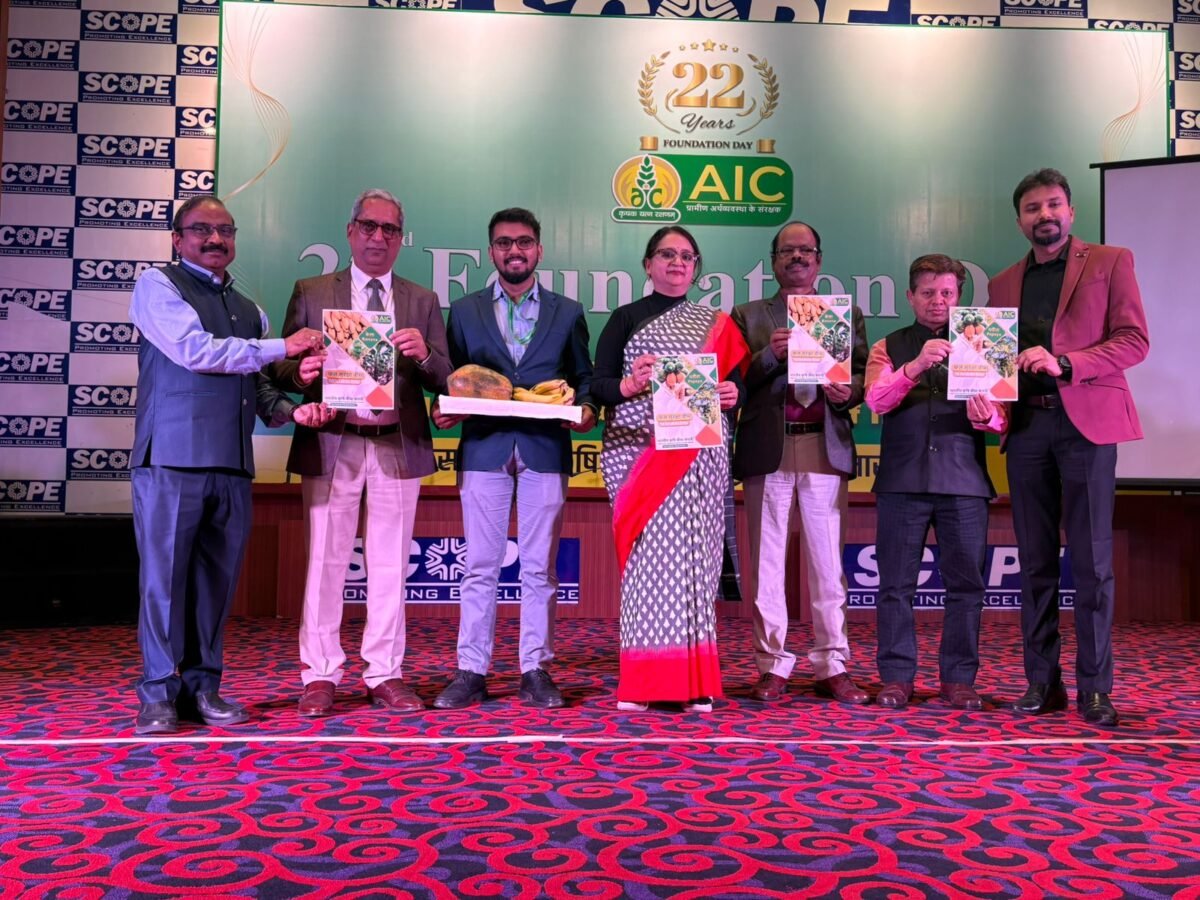Mahindra Tractors Signs MoU with Punjab National Bank to Strengthen Dealer Finance Solutions
Mahindra Tractors, a part of the Mahindra & Mahindra Ltd.’s Farm Equipment Sector, has announced the signing of a Memorandum of Understanding (MoU) with Punjab National Bank (PNB) to provide Channel Finance solutions to its dealers
Mahindra Tractors, a part of the Mahindra & Mahindra Ltd.’s Farm Equipment Sector, has announced the signing of a Memorandum of Understanding (MoU) with Punjab National Bank (PNB) to provide Channel Finance solutions to its dealers. The agreement will offer Mahindra Tractors’ channel partners access to tailored financial solutions that will enhance their working capital management, streamline inventory, and support business growth.
As part of this partnership, all Mahindra Tractors’ dealers with a business vintage of over one year are eligible for the Channel Finance limit. The program offers a finance limit of up to ₹5 crore, with limit assessments based on 105 days of sales. Dealers will benefit from a 105-day credit period, with an additional 15-day grace period, and enjoy 100% funding of the Mahindra & Mahindra invoice without any margin requirements. The financing process is designed to offer competitive interest rates, with simple documentation processes, making it easier for dealers to manage their finances and focus on customer service. The facility will be provided on completely digital FSCM (Financial Supply Chain Management) module of bank, which will enhance customer service.
Commenting on the partnership, Hemant Sikka, President – Farm Equipment Sector, Mahindra & Mahindra Ltd., said, “We are delighted to partner with Punjab National Bank to offer our dealers a comprehensive financial solution that addresses their unique business needs. We are committed to supporting our dealer network by providing them with the tools they need to thrive. This collaboration with PNB will help improve working capital management and drive efficiency, ultimately enabling our dealers to better serve the farming community.”
The partnership also includes provisions for a peak season financial requirements of dealers, which will be met by the bank. The flexibility of this finance program enables Mahindra’s dealer network to efficiently manage their financial obligations during high-demand periods, thus improving operational efficiency.
Firoz Hasnain, Chief General Manager and Zonal Head, Mumbai Zone, Punjab National Bank, said, “We are excited to partner with Mahindra & Mahindra-Farm Division to launch this innovative Dealer Finance Program. This initiative underscores our commitment in supporting the growth of businesses across sectors, specially MSME and Agriculture by providing them with customized financial solutions. We believe this program will play a crucial role in enhancing the operational efficiency and financial needs of Mahindra & Mahindra-Farm Division’s dealer network. This collaboration will provide tailored financial solutions to dealers, enabling them to enhance their working capital, streamline inventory management, and optimize cash flow. The program is designed to offer flexible credit options, competitive interest rates, and simplified documentation processes, empowering dealers to focus on business growth and customer satisfaction.”
Many of Mahindra’s dealers already maintain robust business relationships with PNB through various financial products such as CC limits, bank guarantees, and current accounts. This established rapport will ensure a seamless transition for those opting to shift their channel finance arrangements to PNB. Dealers currently holding channel finance with other financial institutions will also have the option to move their financing to PNB through a balance takeover.
Mahindra Tractors encourages all its channel partners to visit their nearest PNB branch to initiate the documentation process and take advantage of this exclusive finance offering.
Mahindra is India’s No.1 tractor brand for nearly four decades and is the world’s largest tractor manufacturer by volume. Mahindra rolled-out its first tractor in 1963, through a joint venture with International Harvester, Inc., USA, and in March 2019 became the first Indian tractor brand to sell three million tractors including global sales.
Powerful and fuel efficient for longer duty cycles, Mahindra Tractors are Built ‘Tough’ and are known for their exceptional build quality and performance on rugged and unforgiving terrains, for India and over 50 global markets.
Mahindra Tractors offer the widest tractor portfolio for India and are developed based on Mahindra’s world-class R&D, product development, quality manufacturing, in India, with world-class testing standards, based on world-class engines, powertrains, and aggregate technologies. This is backed by the country’s most comprehensive tractor sales, service, and spares networks, for lowest total cost of ownership, along with the highest tractor resale value
Mahindra Tractors, a part of the Mahindra














